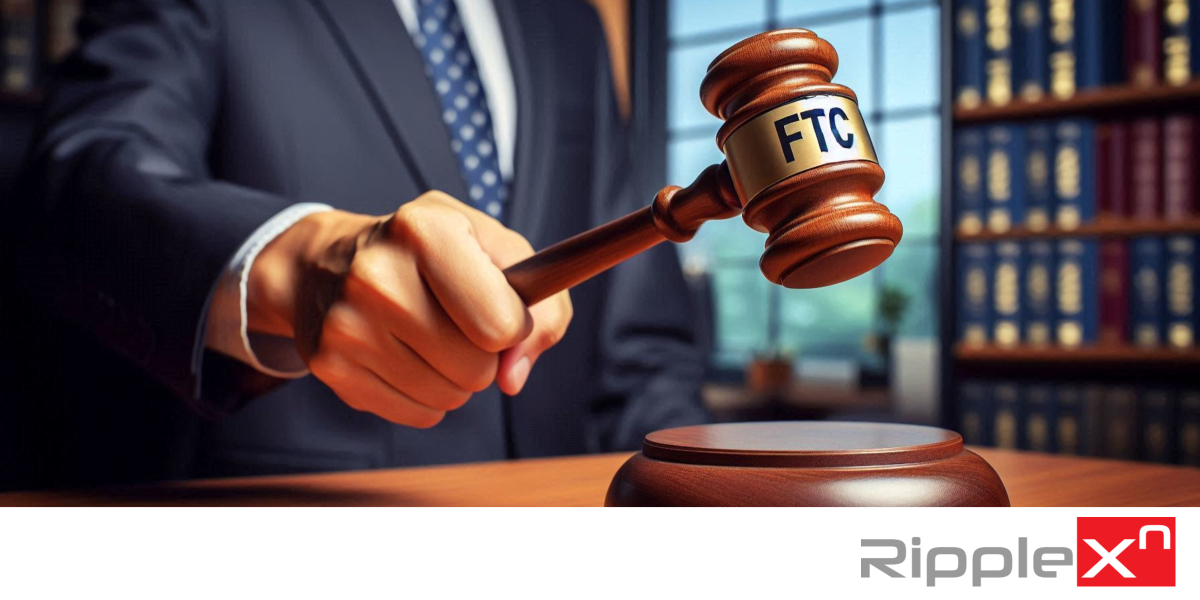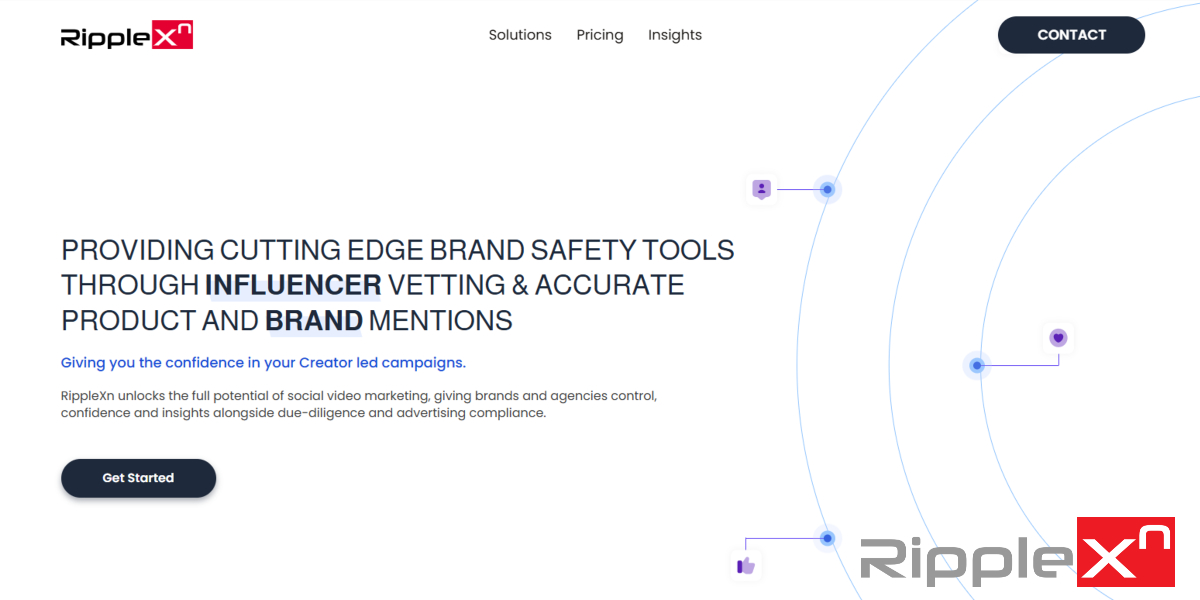In November we wrote about the regulatory tailwind and why 2023 is going to be a significant year.
Here at RippleXn we believe 2023 is going to be a significant year for advertising to catch up with the evolving demand (and need) for guidance and protections to catch up with the ever increasing speed of influencer marketing.
Read to the end for our 2023 predictions.
Who regulates advertising and why??
In many countries, advertising is regulated by government agencies or industry bodies responsible for ensuring that advertisements are truthful, accurate, and not deceptive or misleading.
These regulatory bodies may also set standards for the content, format, and placement of advertisements, as well as rules for the use of specific advertising techniques or media.
Some common principles that are often used to regulate advertising include:
- Truth in advertising: Advertisements should not contain false or misleading claims about the products or services being advertised.
- Fairness: Advertisements should not be unfairly biassed or discriminatory.
- Decency: Advertisements should not contain inappropriate or offensive content.
- Substantiation: Advertisers should be able to provide evidence to support any claims made in their advertisements.
Why do we need regulation? Put simply; fairness and trust. As any market grows, so do the opportunities to exploit. Regulation levels the playing field making it easier for the good guys to compete fairly and harder for the bad to get a foothold. But more importantly, regulation encourages growth by instilling consumer trust; whether that’s booking a flight, having a new gas boiler installed, or understanding when something you’re watching is advertising or someone’s unbiased opinion.
The challenge for regulators right now is how they can apply those rules in an even-handed way to new and emerging media platforms, in particular, ensuring that advertising is clearly identified - not only when it’s a served ad, but also when advertising forms part of the content.
Jurisdictions are fluid in 2023!
In the United States, the Federal Trade Commission (FTC) is responsible for enforcing advertising laws and regulations. The FTC has the authority to take action against false or deceptive advertising, and it works with other government agencies and industry groups to develop and promote industry standards and best practices. In addition, the SEC will take on financial cases.
Other countries have their own regulatory bodies that are responsible for guidance on top of enforcing advertising laws and standards. For example, in the United Kingdom, the Advertising Standards Authority (ASA) is responsible for regulating advertising across all media. In Canada, the Competition Bureau and the Canadian Radio-television and Telecommunications Commission (CRTC) are responsible for enforcing advertising laws and regulations. In Australia, the Australian Competition and Consumer Commission (ACCC) is responsible for regulating advertising and promoting fair competition.
What’s jurisdictionally interesting right now is how regulators have had to organise and apply legislation in-step together and with overlap, recognising that the media content being consumed within their borders may have originated elsewhere in the world.
Why Social Media makes this hard for regulators!
Where made versus where consumed!
The market impact of a Twitch streamer or a YouTuber may depend on a variety of factors, including the size of their audience, the level of engagement of their viewers, and the subject matter of their content.
It is possible for a content creator to have a sizable market impact in a location other than where they are based. This can be especially true for creators who produce content that is widely appealing or has a global audience, or on occasion spreads virally. In today's interconnected world, it is increasingly common for people to consume media from around the world, and a creator’s content may be viewed and shared by people in many different countries. Brands may work with an English language YouTuber in the UK but as part of their reach have a significant number of USA viewers!
Freebie or sponsorship?
One of the most common questions we get asked by clients is: “Is giving someone a free product considered advertising or sponsorship?”
In short: yes. An example ruling by the FTC (Case 8:20-cv-00518-VMC-TGW) defines any product or services provided, or referral payments from sales of said products or services, requires disclosing, “...Clearly and Conspicuously, and in Close Proximity to that representation, any Unexpected Material Connection…”
So in plain language that means if you’re a paid brand ambassador, referring sales via an affiliate scheme, received a voucher, code, product or service free of charge for the purposes of review, early access or something that wasn’t available to everyone, in the eyes of the law in virtually every country THIS IS ADVERTISING!
What is the $20 limit?
This tends to get misinterpreted as ‘if it’s less than $20 in value, it’s not necessary to disclose.” This is not the case.
This relates to the brand’s administration and oversight of the sponsorship, product placement or programme. For example, if the monthly total of what a brand is sending to an influencer (or their affiliate referral sales commission) is less than $20 a month, then the brand can accept a signed acceptance of terms from the influencer saying they will disclosed Clearly and Conspicuously, and in Close Proximity.
If the value of products, services or commission is greater than $20 per month, then the onus is on the brand to check the disclosure is present and compliant for at least the top 50 channels, videos or posts (as applicable).
Our 2023 predictions:
2023 is being widely regarding as the year the rules governing influencer marketing will be brought up to date, think “a GDPR-sized event for advertising”.
There’s obvious links to a GDPR comparison, given those regulatory measures dealt with privacy and responsible handling of data, and basis to move legislation forward in a more targeted way around online harms, protection of audiences under the age of 18, and promoting fair and truthful practices.
Our predictions for the year ahead break down in three stages:
- The Law is catching up: Legislation is coming and jurisdictional overlap means brands will need to run a tighter ship because undisclosed advertising is falling under the header of Online Harms.
- Stricter application: Regulators will then take a view on the scale of the problem and decide whether an industry-led solution is viable, or if the problem should be dumped on social media platforms’ doorstep.
- Mature processes: Big brands are budgeting heavily in the tools and services needed to operate an influencer marketing agenda effectively. $900m was invested in 2021 into influencer marketing platforms, and influencer marketing agencies continue to enjoy rapid growth. The need to differentiate and compete will encourage all in the value chain to lean into processes and regulatory compliance.






